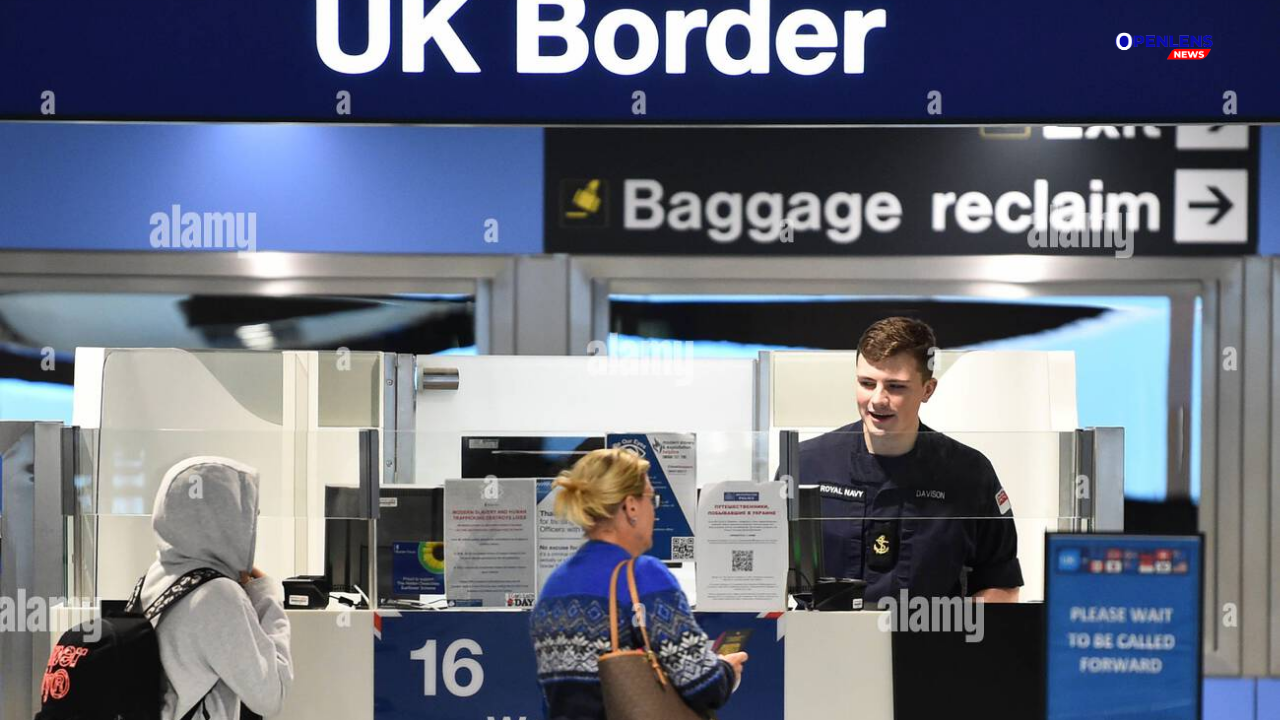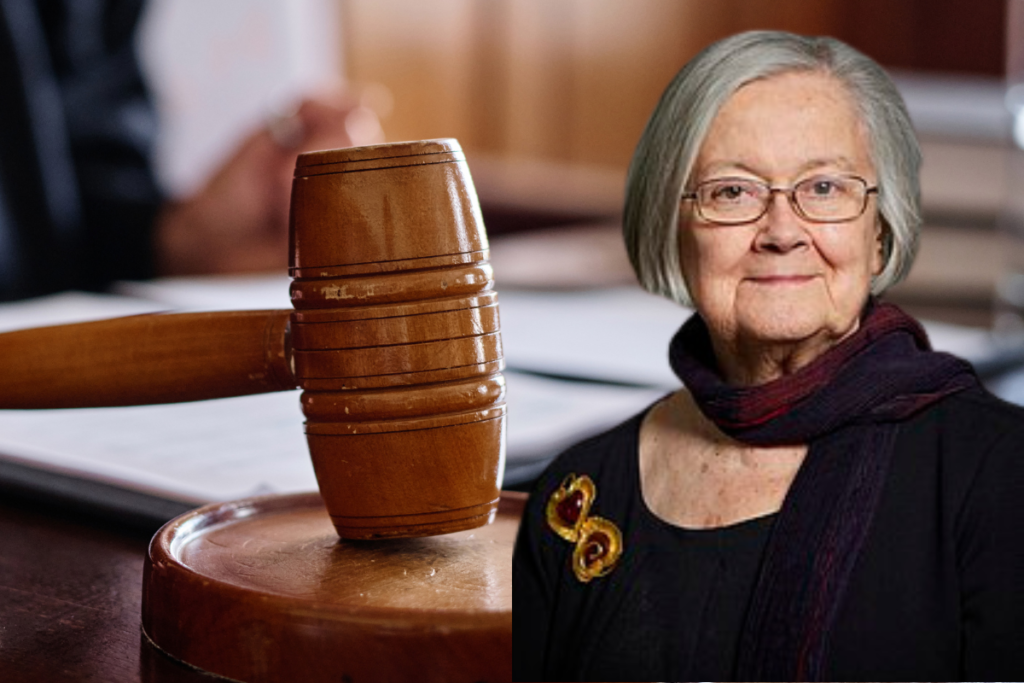The UK government is tightening its grip on immigration, and this time, it’s not just border officers doing the screening. Under a new policy quietly rolled out by the Foreign Office, thousands of airline staff across 39 countries are being trained to block passengers without valid visas or travel authorizations from boarding flights to the UK. This move, part of the UK’s new electronic travel authorisation (ETA) system, effectively turns airline workers into the first enforcers of British immigration law, long before a traveller ever sets foot on British soil.
According to officials, the aim is simple: prevent people without proper documentation from reaching the UK borders. With over 9,000 airline staff being trained, the UK hopes to plug gaps in its system, especially with rising concerns over irregular migration. Foreign Secretary David Lammy has defended the programme, arguing that early checks are essential for national security and efficient border management.
But civil rights advocates and immigration lawyers are raising the alarm. Critics say the policy is a dangerous outsourcing of state responsibility, placing complex legal decisions in the hands of airline staff who may not be equipped to understand the nuances of visa rules. There are already troubling reports: travellers who held valid documents are being mistakenly barred from flying, and others are being denied travel due to confusion over requirements. One recent case involved a South African man blocked from boarding his flight because of a misunderstanding around transit visa requirements, despite having the correct residency paperwork for his final destination.
These errors, while seemingly rare, can have serious consequences. Missed funerals, lost jobs, or even broken family reunions are at stake. And there are growing fears that these frontline decisions could disproportionately impact ethnic minorities, refugees, and those less familiar with bureaucratic travel systems.
Airlines like British Airways say the training has improved confidence among staff and reduced confusion. But critics argue that no amount of training can replace the judgment of trained immigration officers at the UK border. They worry this approach shifts responsibility without accountability and could lead to a culture of over-cautiousness where denying boarding becomes the safest option.
As the UK rolls out its ETA system, many wonder whether the push for pre-border enforcement might be sacrificing fairness for efficiency. In a world where a wrong decision at a check-in desk can deny someone access to healthcare, family, or asylum, the human cost of this policy may prove higher than expected.



